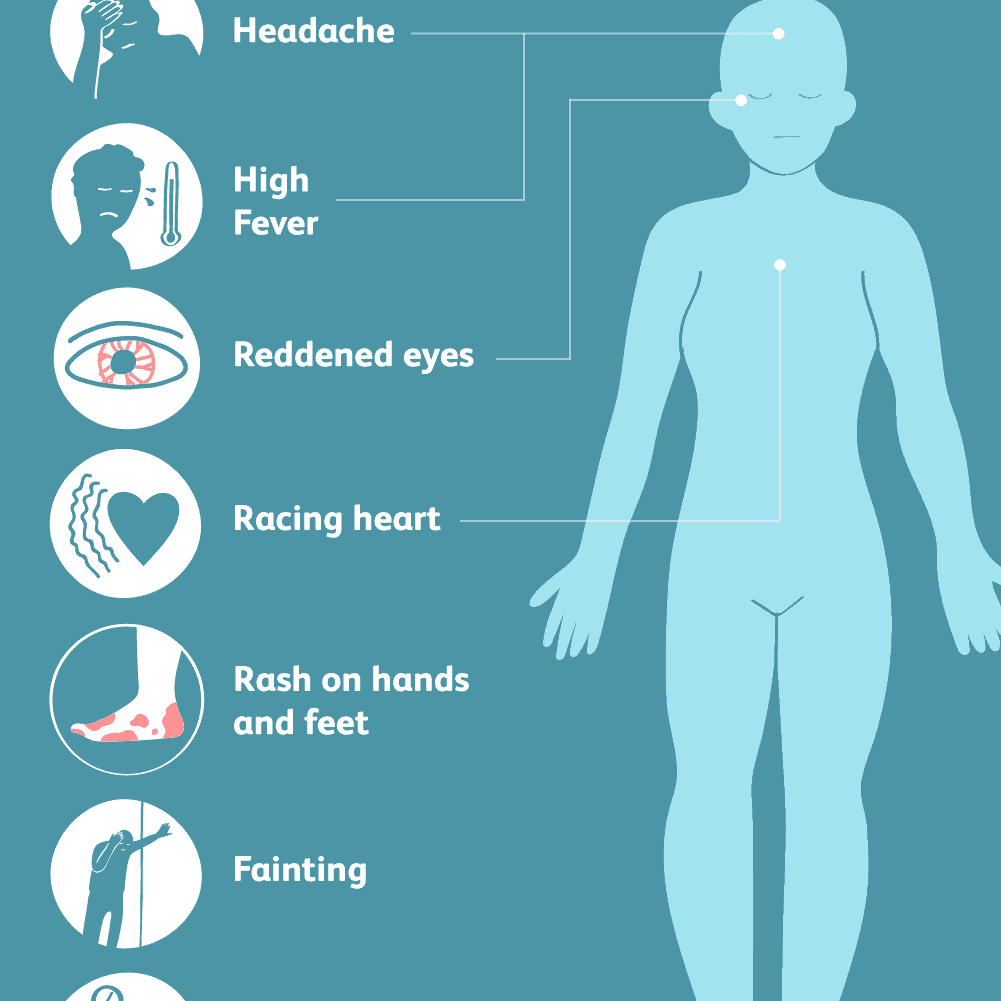Toxic Shock Syndrome (TSS) is a somewhat rare bacterial infection that mainly affects women and can have life threatening results when not treated correctly or in a timely manner. Although the infection affects mostly women, it can affect both men and women of any age.
Types of Bacteria Causing TSS
Certain types of infectious bacteria are the culprits behind t.s.s. including group A streptococcus and staphylcoccus aureus. These may also be called staphylcoccal TSS and streptococcul TSS.
Causes of Toxic Shock Syndrome

A few of the causes behind toxic shock syndrome can include a woman using a super absorbent tampon, diaphragm, or a contraceptive sponge however, a staph infection can also cause TSS when a person is healing from surgery or has skin wounds that haven’t healed.
The reasoning behind tampons being a cause of TSS is that if a super absorbent tampon is left in place for a long period of time it can become a breeding ground for bacteria, releasing toxins into the body that cause TSS. If TSS is not linked to tampon usage, it will most likely be linked to a skin infection or recent surgery, especially nasal surgery.
TSS Symptoms

People who have developed TSS may experience flu like symptoms at first before the TSS has fully developed. Some of the symptoms of TSS can include a rapid onset of nausea, fever, diarrhea, vomiting, and a skin rash. As TSS progresses, the symptoms may become worse and dizziness and confusion may occur, while skin may begin peeling from the soles of the feet and the palms of the hands can present up to two weeks after the initial rash begins. If toxic shock syndrome is not treated, seizures may occur and multiple organs within the body can begin showing signs of failure resulting in death. Five percent of people affected by TSS will end up losing their life because of it.
Once a person is diagnosed with Toxic Shock Syndrome, they will most likely have to stay in the hospital in order to be observed for any kind of organ failure, signs of shock, or breathing problems. Dead or infected tissue will need to be removed and this will typically result in an almost immediate relief of other symptoms associated with TSS. Antibiotics will typically be given to ensure that the infection does not come back or spread anywhere else throughout the body.


















